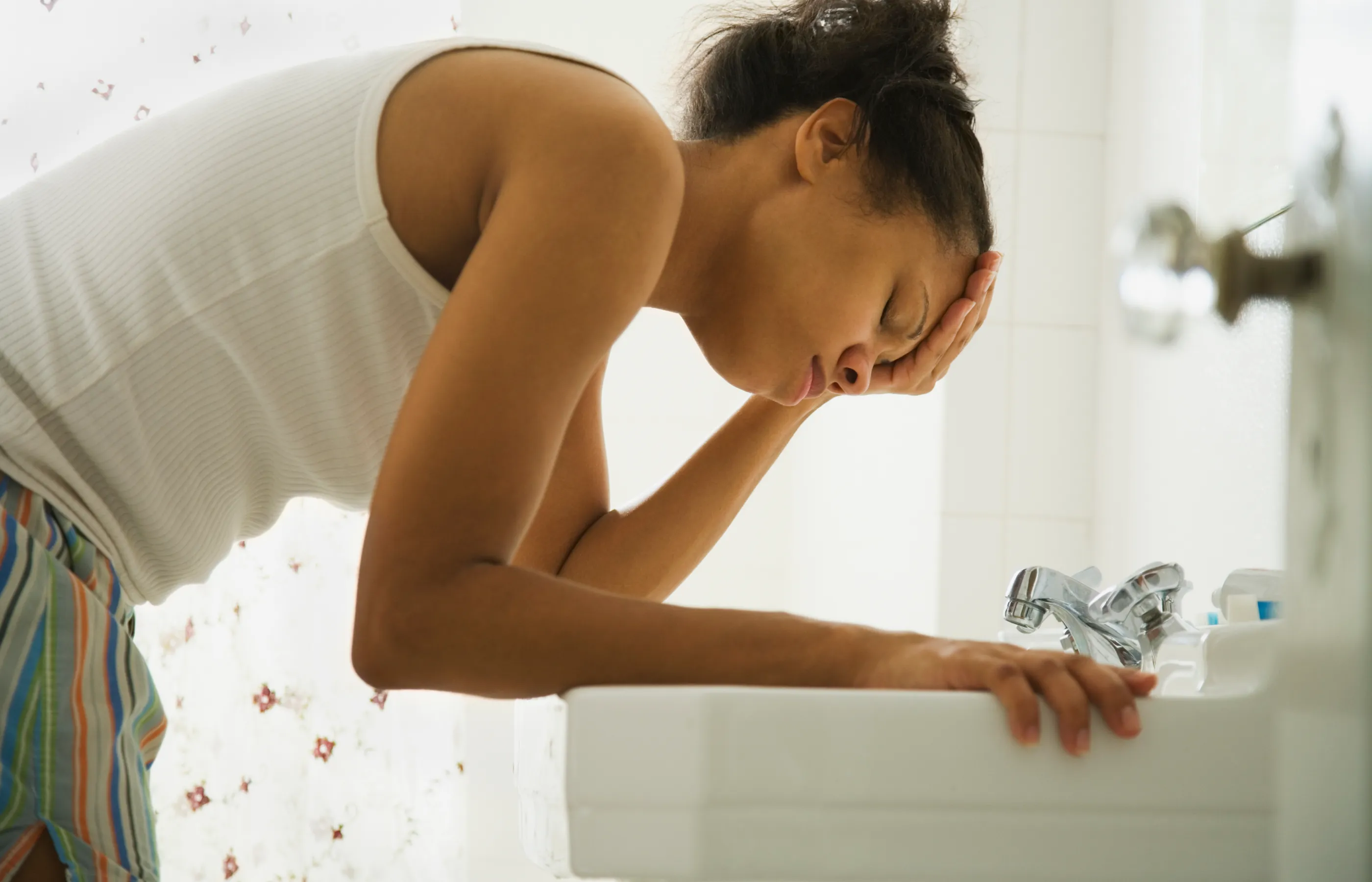Tension headaches
Tension headache symptoms
Tension headaches may feel like an elastic band or clamp is tightening around your head. The pain and pressure typically affect both sides of the head. You may feel irritable, achy, tired and unable to concentrate. You may also be sensitive to light and loud noises. They are more common in women than men.
Types of tension headaches
Tension headaches generally fall under one of two categories:
- Episodic: Experienced less than 15 days a month
- Chronic: Experienced more than 15 days a month and last longer.
Tension headache triggers
Tension headaches are often caused by stress or muscle tightness, especially around your scalp and neck. Episodic headaches are often linked to a specific situation or stressful event, while chronic headaches are typically in response to ongoing stress. Triggers include:
- Stress, anxiety and depression
- Fatigue
- Hunger and dehydration
- Eye strain
- Hunching, neck compression and poor posture
Treatment for tension headaches
Tension headaches are usually treated with over-the-counter pain relievers. Prescription medications may be recommended, especially if you also experience cluster headaches or migraines. For chronic tension headaches, preventative medicines like antidepressants and muscle relaxants can help prevent or reduce the severity of symptoms.
Migraine headaches
Migraine symptoms
Migraines are moderate to severe headaches lasting at least four hours and are often debilitating. They can cause severe throbbing on one side of your head or pain that radiates across your entire head. The pain is often accompanied by extreme sensitivity to sensory stimulation from light, sounds, smells and physical contact. Other typical symptoms include loss of appetite, nausea and vomiting.
Migraines may be preceded by light flashes, muscle tingling, weakness or trouble speaking.
What triggers migraine headaches?
The exact cause of migraine headaches is unknown, but it is thought that they can be caused by chemical imbalances, abnormal physical pathways in the brain and surrounding nerves, genetics, or environmental factors. Common triggers include:
- Stress
- Hormonal changes
- Alcohol, caffeine and medication overuse
- Hunger and dehydration
- Exposure to natural light and certain smells
- Sleep problems
- Changes in the weather
Treatment for Migraines
While there is no cure for migraines, over-the-counter drugs and various prescription medicines can be effective at treating severe headaches like migraines. If you opt to take medications, it’s critical to take them the moment you feel a migraine coming on.
Other treatments Novant Health provides to prevent or reduce the severity of migraines include:
- Trigger point injections (to suppress twitching of muscles in the head, neck and shoulders that can trigger migraine attacks)
- SphenoCath®, numbing of a nerve bundle inside the nasal cavity to provide immediate relief for severe migraines)
- Botox® injections (to reduce the frequency, severity and duration of some migraine attacks by blocking neural pathways)
- Anti-seizure drugs
- Blood pressure medication
- Antidepressants
 Cluster headaches
Cluster headaches
Cluster headache symptoms
Cluster headaches get their name from their tendency to come and go in clusters. You may experience them multiple times throughout the day for weeks or months at a time before they suddenly stop, only to recur later.
Cluster headaches are usually localized around your eyes, but the pain may extend into your head, neck or face. This pain is often accompanied by tearing in one or both eyes, redness, swelling or a drooping eyelid. You may also have cold-like symptoms and be sensitive to light and sound. They can be excruciating and are more common in men, but are rare, not life-threatening.
The onset of a cluster headache is usually quick. You may feel nauseous, see flashing lights or have a tingling sensation in your muscles, but these sensations don't always occur before the headache starts.
Seek immediate medical care if your symptoms cause nausea, vomiting, vision changes, extreme fatigue, seizures, paralysis or mental impairment.
Cluster headache triggers
This type of headache may be caused or exacerbated by the release of serotonin or histamine, which also initiates allergies. Cluster headache triggers include:
- Changes in the weather
- Alcohol, drug or tobacco use
- Foods containing nitrites
- High altitudes
- Vigorous exercise
- Light exposure
Treatment for cluster headaches
Various prescription drugs can provide relief from cluster headaches. Triptans are among the most effective and provide the fastest relief when injected.
Other treatment options include:
- Calcium channel blockers
- Lithium
- Corticosteroids
- Anti-seizure medication
- Nerve blocks


